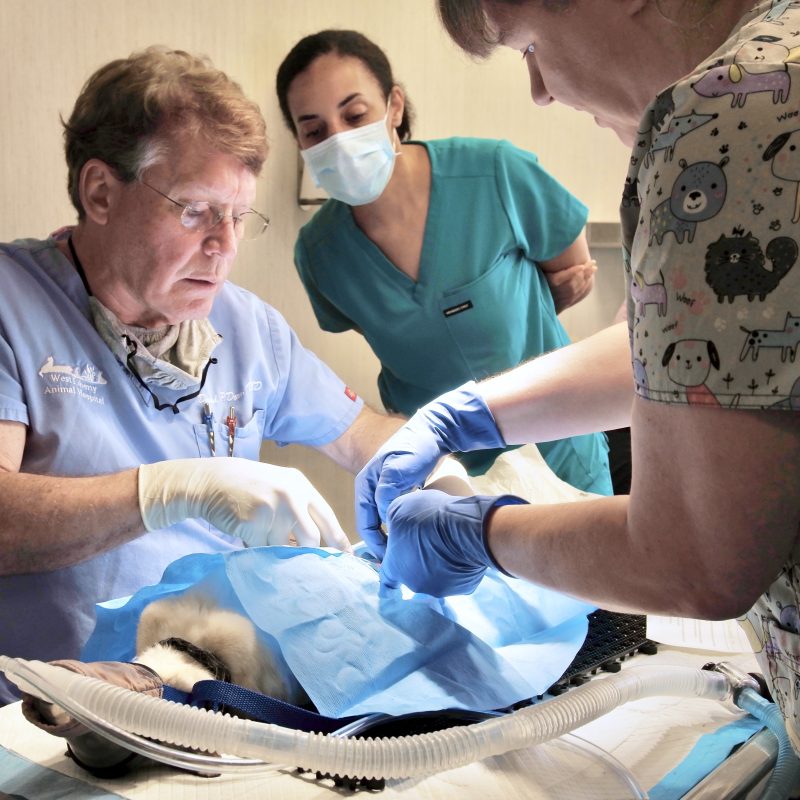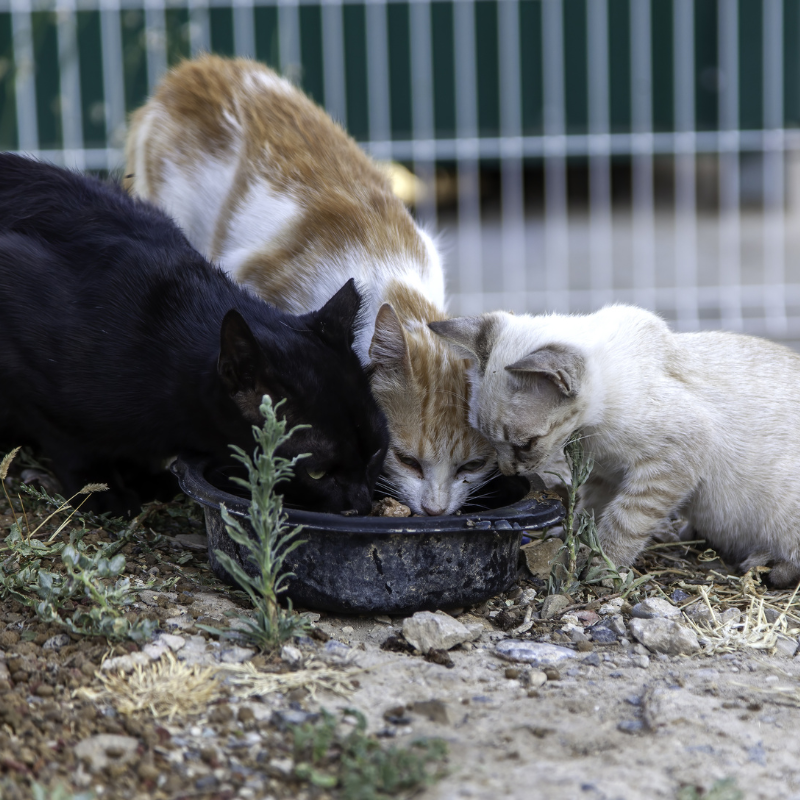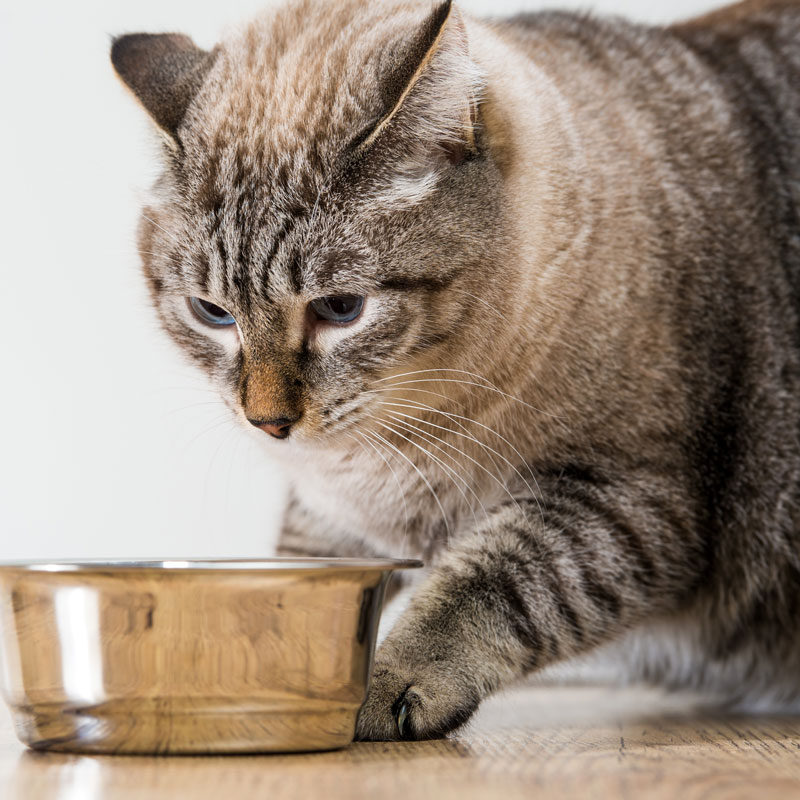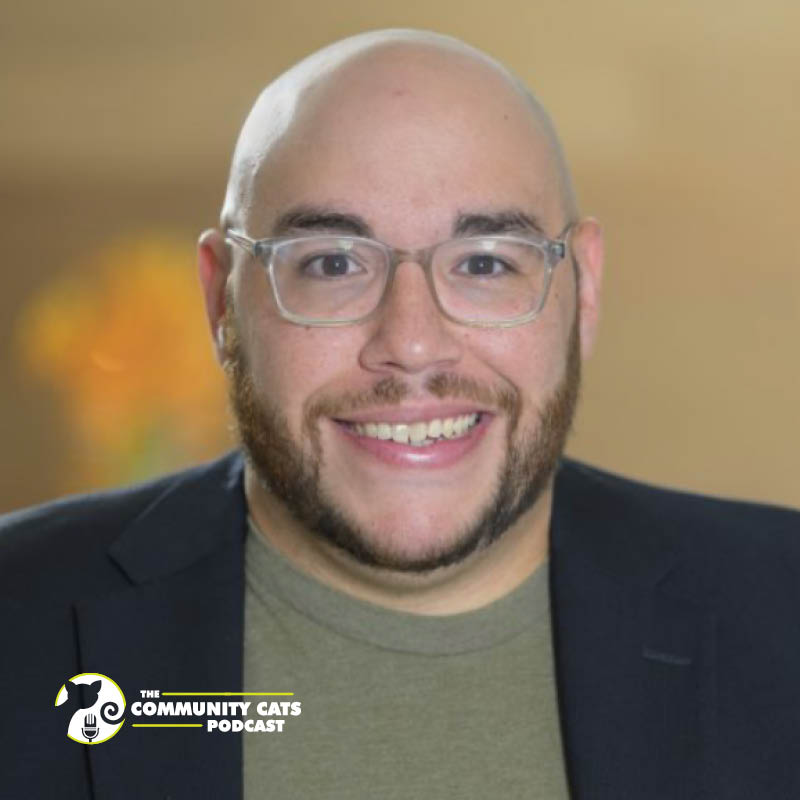
Michael Bricker, Chief of Engagement of Companions and Animals for Reform and Equity™ (CARE)
January 25, 2022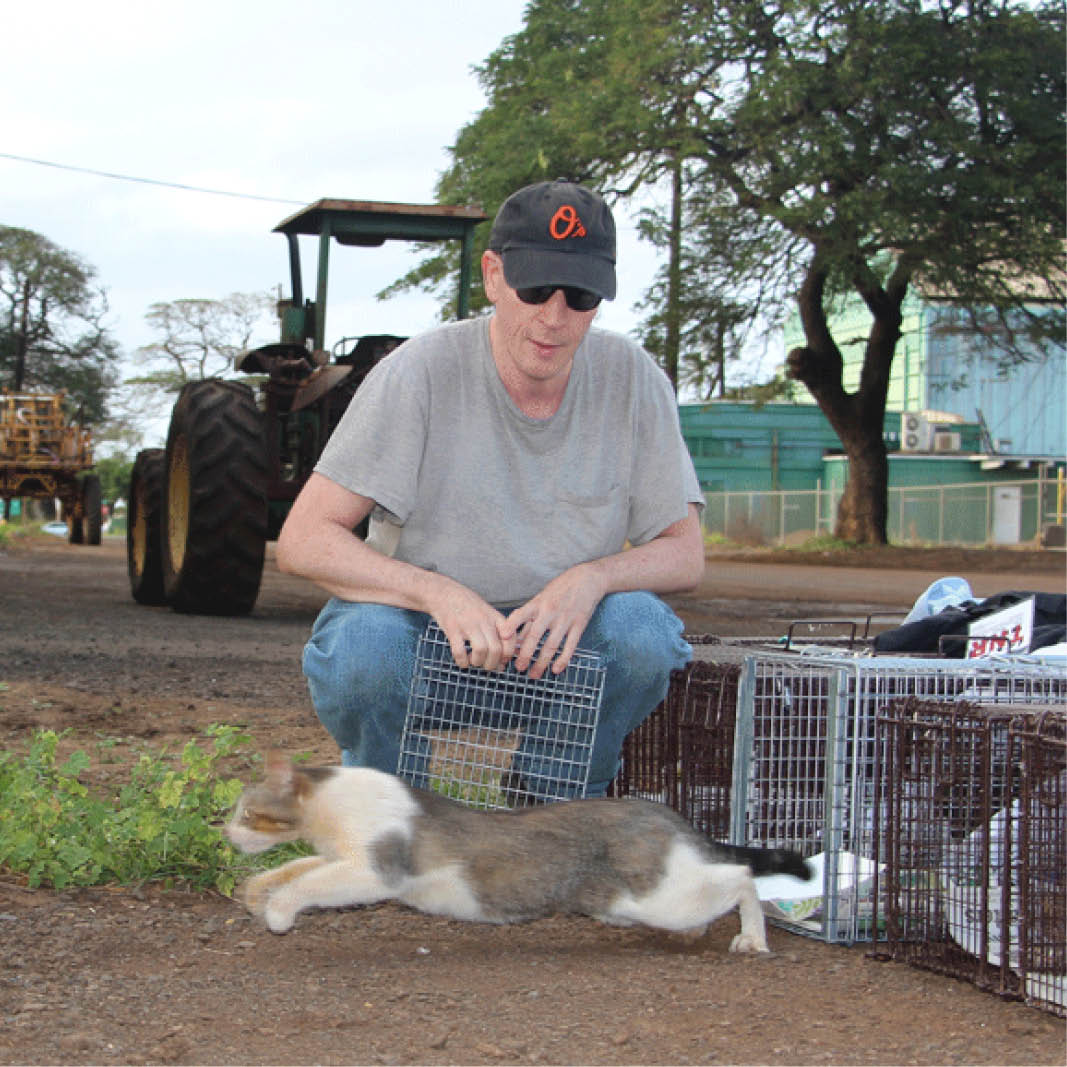
Bryan Kortis and Susan Richmond, Return-to-Field & Targeting: The Community Cat Program, Part 1
February 1, 2022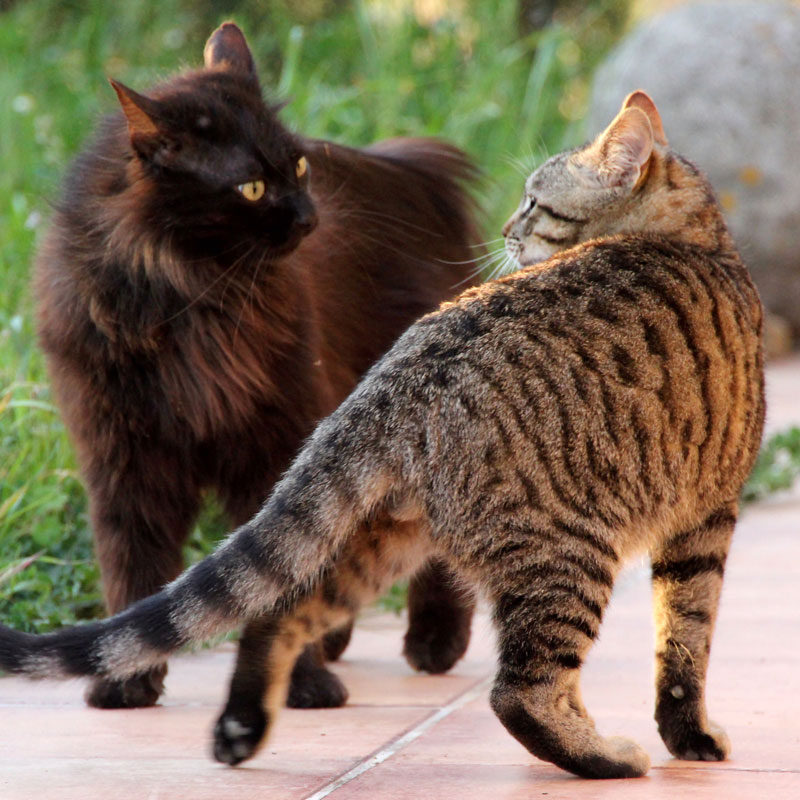
Guest post by Danielle Bays, Senior Analyst for Cat Protection and Policy at the Humane Society of the United States
World events over the past two years have rippled into animal welfare in many ways: pandemic pets and virtual adoptions, shortages of veterinarians and canned cat food, a focus on community-centered sheltering, and an examination of the lack of diversity in our field. A racial reckoning swept the country along with some changes in vocabulary. I didn’t think this would impact the language we use about cats until someone shone a spotlight on the word colony.
Admittedly, I was skeptical at first. There is a lot of complex history with colonization, and certain groups of people taking over distant lands inhabited by others. But what does this have to do with a group of cats? Is calling the gathering of tabbies in my backyard an offense to the BIPOC community? The term colony is commonly used in biological sciences to describe groups of the same species that live together, like bees and bacteria. Where is the harm?
I don’t know the answers to all those questions, but the more I thought about the word colony, the more I think it, colony may be a word we want to leave in the past.
There is a faction of conservationists who classify domestic cats as invasive species, including many government wildlife agencies. Invasive species are characterized as non-native invaders that easily adapt and flourish in the new environment, to the detriment of native flora and fauna. Invasive species is clearly a negative term, and the definition is akin to that of colony.
Considering invasive species policies and regulations are often focused on eradication and these agencies regularly take steps to curtail TNVR efforts and ban the feeding of community cats on public land, we might want to pay a bit more attention to using the word colony.
When we refer to colonies of community cats, are we inadvertently supporting this perspective of cats as invaders?
I always cringe when I hear a reference to “establishing” colonies. I’ve seen this used by both conservationists and in media articles about community cat programs. In most cases, the cats just went through a TNVR program, or someone started managed feeding of a group of cats who were already congregating at a site. “Establish” makes it sound like the cats were brought in, imported, like a colony. And just like invasive species language, one may be left with the impression that these cats don’t belong here.
Best Friends Animal Society recently held some focus groups to gain some insight into how the public perceives community cats. The term colony was flagged, though some respondents had a more sci-fi take on the word. Colony conjured up images of cats populating other planets and a future of life on Mars or whatever planet is most feline-friendly. When we talk to people in our communities about cat colonies, we may not be talking the same language.
It’s hard to change the words we use. When I write, I can review and edit my word choices. Yet when speaking, my mental muscle memory still says colony and finds other terms awkward. Clowder? Kindle? Maybe we are overthinking all of this. They are cats and they live in groups.
Use of words like colony and feral is part of an ongoing conversation about how our portrayal of cats may unintentionally hamper our efforts to help them. I hope you will join me along the way and share your perspective.
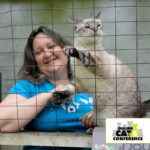 Danielle Bays is a frequent speaker and award-winning author. As the Senior Analyst for Cat Protection and Policy at the Humane Society of the United States, Danielle works with animal shelters, cat advocates, policymakers, and other stakeholders to broaden support for community cats nationwide.
Danielle Bays is a frequent speaker and award-winning author. As the Senior Analyst for Cat Protection and Policy at the Humane Society of the United States, Danielle works with animal shelters, cat advocates, policymakers, and other stakeholders to broaden support for community cats nationwide.
We’re looking forward to Danielle’s session during the Online Cat Conference! She will be hosting Catpurrdy, a Jeopardy-like game of current affairs and the latest news from the world of cats. If you haven’t already, register for the Online Cat Conference here. Then join the fun on Saturday, January 29 at 3 p.m.
Danielle is also a longtime friend of the podcast! Catch up on her episodes here: Episode #261; Episode #293; Episode #347; Episode 400

